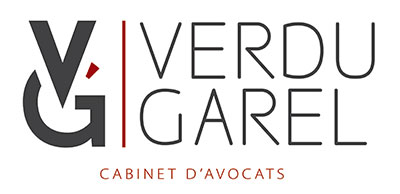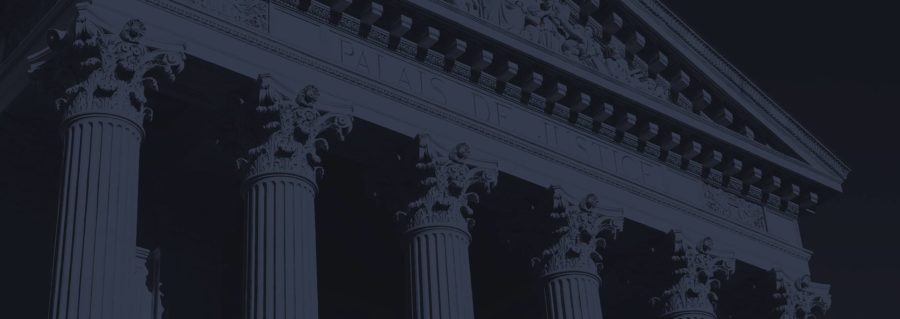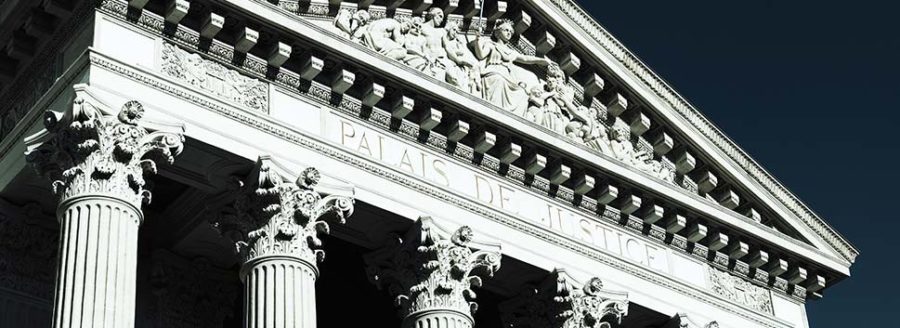The constitutional protections, as well as the Bail Reform Act (a federal statute), give a defendant the right to request lower bail when the amount initially set by the court is too high to pay. A defendant can request a hearing to seek a bail reduction.
At the hearing, the defendant can argue that the initial bail set by the court is so high that it is effectively a denial of bail and amounts to pretrial detention in jail, even though the defendant is not a flight risk or a threat to the public. (18 USC § 3142 (c)(2).) Although the court must take this argument into consideration, it is not required to set bail at a level that the defendant can easily pay. Courts can set bail high enough “to induce a defendant to go to great lengths to raise the funds without violating” the constitution or the Bail Reform Act. (U.S. v. Szot, 768 F.2d 159 (7thCir., 1985).) As long as the court’s actual motive is not to just force the defendant to rot in jail awaiting trial, the court can set bail at any level it can justify.
Once a defendant informs the court, through a bail reduction request or otherwise, that she cannot afford the bail set, the court must specify the reason(s) that the amount set is “an indispensable” condition of release from jail. (U.S. v. Montececon-Zayas, 949 F.2d 548 (1st Cir. 1991).) The court must set out its rationale in writing. (Fed. Rule of App. Proced. 9.)
Just as the defendant has the right to seek a lower bail, the prosecution can request that the court set a higher level of bail based on the risk that the defendant will flee from the jurisdiction or inflict harm upon a victim or other members of the public. (18 USC § 3142 (f).) And, the court may hold a hearing to inquire into the source of bail funds that it suspects may be illegal (proceeds from drug sales, for example). Bail is only one of the conditions that a court may impose in order to grant release of a defendant from jail pending trial. Other conditions include travel restrictions, relinquishing a passport, drug testing, electronic monitoring devices (ankle bracelets), house arrest, supervision and reporting during release, and others.




